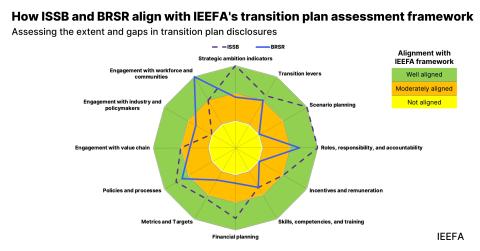Running on fumes: Oil and gas supermajor cash woes worsened in 2020
Download Full Report
View Press Release
Key Findings
During 2020, four of the world’s five largest private-sector oil and gas companies failed to generate enough cash from their primary business—selling oil, gas, refined products, and petrochemicals—to cover their cash payments to shareholders.
ExxonMobil paid $17.8 billion more to shareholders during the year than it generated from its core business operations; Chevron paid $9.5 billion more; BP paid $7.3 billion more; and Total rewarded its shareholders with $2.9 billion more than it generated.
Executive Summary
Generous dividends and share buybacks give the globe’s largest private oil and gas companies a veneer of blue-chip financial performance. But closer examination reveals an underlying financial weakness: During the past decade, not one of the supermajors has been able to generate enough cash from its core businesses to fully fund payments to shareholders.
Investors typically expect private companies to fund shareholder payouts with free cash flow—the cash generated by the company’s operations, minus cash spent on capital projects. When a company deviates from this standard, cautious investors will carefully scrutinize the firm’s business model and financial underpinnings. Over the past decade—and particularly since 2014—investors have taken an increasingly skeptical view of the oil and gas majors, prompted in part by their sustained inability to produce the robust free cash flows needed to fund payouts to shareholders.















